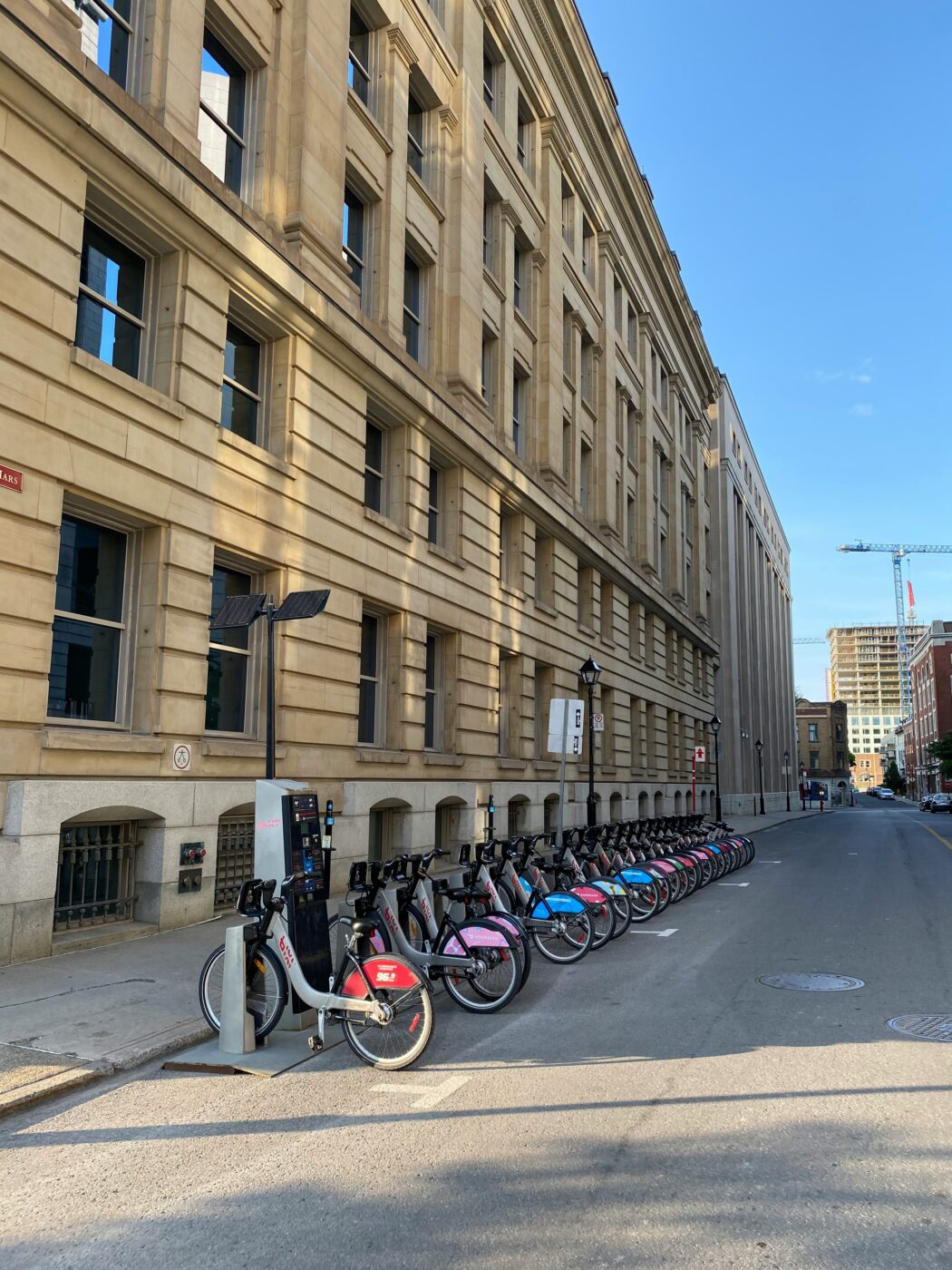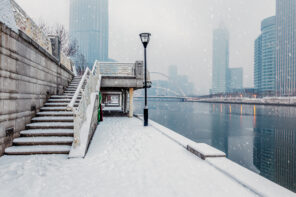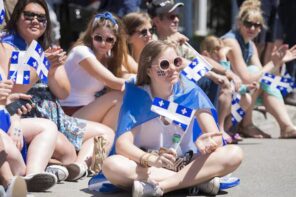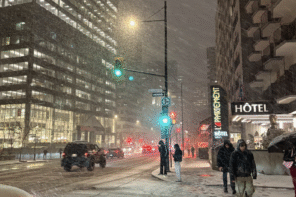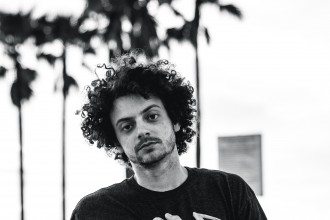Valérie Plante, Montreal’s first female mayor, has left an indelible mark on the city’s cultural landscape, despite being forced to navigate a pandemic, ongoing housing and cost-of-living crisis, as well as climate change. Plante’s administration mitigated the municipal consequences of these larger issues while sticking to her original plans, which focused largely on green urban development. First elected in 2017 as Projet Montreal’s mayoral candidate, she is now in the last year of her second and last term as she has opted out of running for re-election at the end of 2025.
Plante’s goal to make the city more bike and pedestrian friendly is notoriously controversial for the misconception that bike lanes contribute to car traffic and loss of parking space, and yet it’s my favorite of her contributions. The transition into an increasingly bike-friendly city not only makes Montreal a greener city but also increases the quality of life, as biking reduces noise and air pollution. Creating infrastructure to make biking safer makes it a more accessible choice of transportation. Anyone who lives in the city can tell that Montrealers often choose to bike (even in the winter). Beyond biking itself being a part of Montreal culture, it shapes people’s habits, perceptions, priorities, values, leisure, health, and social life. Many equate driving with freedom, but within a city, I’d argue biking more accurately fits this narrative.
Another initiative largely expanded and supported under Plante’s administration is the designation of major streets as pedestrian-only during the summer months. In the summer of 2025, we can expect to see stretches of Mont-Royal Avenue, Avenue Duluth, Promenade Wellington, Ontario Street, Bernard Avenue, de Castelnau Street, Saint-Catherine East and West Streets, and Saint-Denis Street, amongst others, closed to cars. Despite contributing to traffic and creating detours for drivers, the initiative positively stimulates businesses, tourism, and quality of life. Pedestrian-only streets have become one of the things that many Montrealers, including myself, look forward to in the summertime. I love walking down Mont-Royal, thrifting, shopping with the local merchants that set up shop in the streets, and sitting on a terrace for food or drinks. The sound of traffic is swapped with the sound of joyful chatter, street musicians, and friends having late-night chats sitting on the sidewalk.
She prioritizes the people and small businesses, providing Montrealers and tourists alike with cultural activities and renewed public spaces.
The infamous constructions on Saint-Catherine are part of an important initiative to revitalize the downtown area which was at risk of devitalisation following the economic impacts of the pandemic. Projet Montreal’s plan, Agir pour l’avenir du centre-ville de la métropole, aims to “strengthen the resilience of Quebec’s economic and cultural heartland,” sustainably reviving the downtown area, particularly making it better for pedestrians. The construction efforts include the replacement of old underground infrastructure as well as redevelopment of public areas with reconstruction and widening of concrete sidewalks, greening of the area, and installation of new street furniture. The plan also involves creating attractions like winter experiences and art circuits, as well as tackling rising vacancy rates. Unlike the last mayor, Denis Coderre, who focused on economic development by bringing in tech investments, Valérie Plante has taken a different approach to boosting economic activity. She prioritizes the people and small businesses, providing Montrealers and tourists alike with cultural activities and renewed public spaces.
Beyond these efforts, her administration has been an active supporter of Montreal festivals and nightlife, recently increasing Montreal’s Major Festivals and Events Fund and investing in a nightlife revitalization project along with the 2024 nightlife policy. These initiatives would boost the local economy, but their impact cannot be fully realized due to ongoing issues such as homelessness, cost of living, and drug crises. Unfortunately, as rents go up, people have less disposable income and safety concerns also may disincentivize young people from enjoying the city’s nightlife, especially in the downtown area. This is unsurprisingly the case, considering that the national and global economic climate under which she was elected – with a progressive campaign focusing on environmental concerns – is vastly different from today’s. When she was first elected, Plante had a plan to mitigate the housing and homelessness crisis; however, these issues became disproportionately large in many metropolises following the pandemic. Major concerns have shifted for reasons beyond municipal control, and a different approach may be needed to mitigate them. Furthermore, the Projet Montreal administration has been asking for help from the provincial government on these more significant issues, to no significant avail.
Montreal has long been known for its progressive, artistic, lively, and climate-forward culture, and Plante’s administration upheld these ideals while being faced with more complex and unforeseen issues.
Montreal has long been known for its progressive, artistic, lively, and climate-forward culture, and Plante’s administration upheld these ideals while being faced with more complex and unforeseen issues. With eight years of service she was able to leave a historic legacy. Recently, Luc Rabouin, mayor of the Plateau-Mont-Royal borough, was elected as the new leader of Projet Montreal, saying he would continue Plante’s path of prioritizing the environment and housing. He will be running against Martinez Ferrada, the leader of Ensemble Montreal, which is the centre-right official opposition. The candidates have yet to launch an official campaign, but with elections coming up in November, it’s only a matter of time. Personally, I would like to see a candidate with a strong plan for the economy, but who will carry on Plante’s commitment to climate mitigation.

